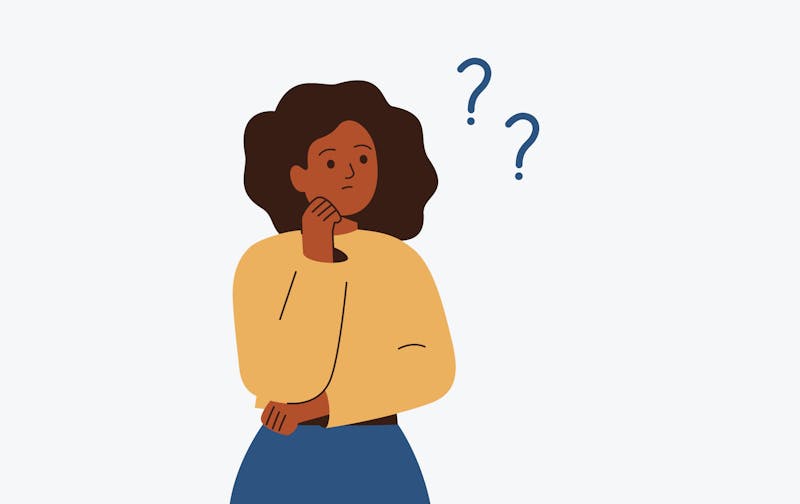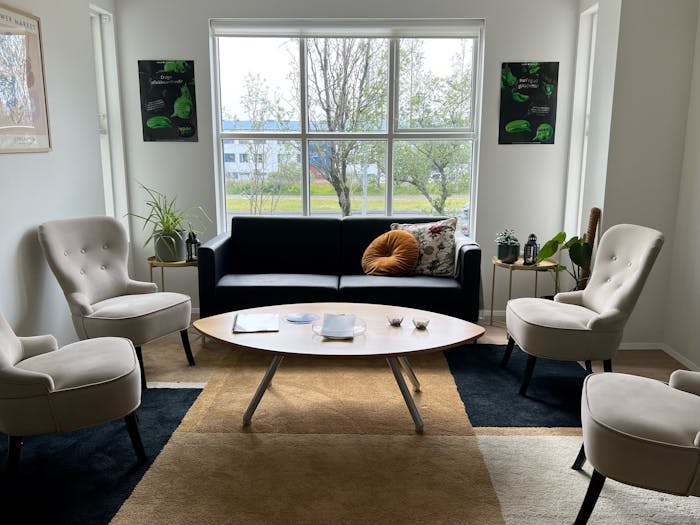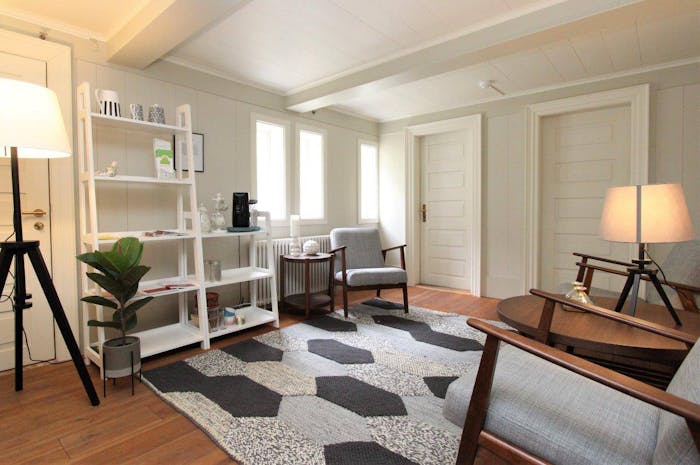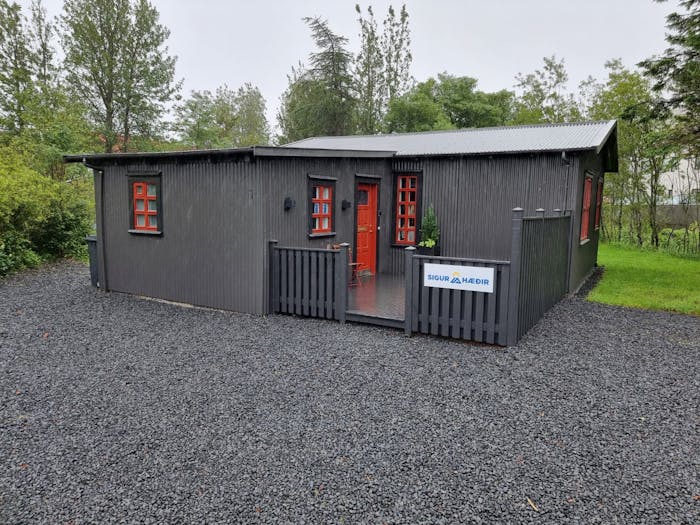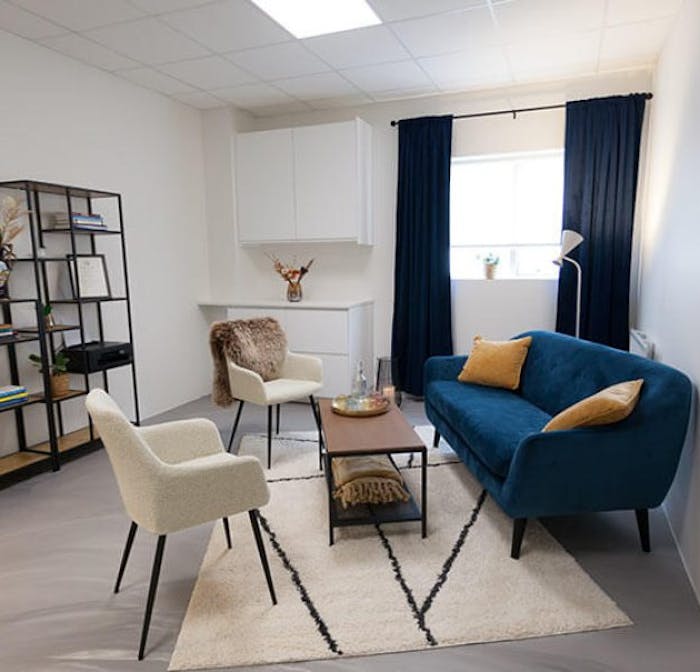Making the perpetrator take responsibility
Pressing charges for the offence and letting the case go through the justice system is the only way to make the perpetrator take responsibility. However, even if you press charges, it doesn’t guarantee that the case will go to court, and it is not possible to guarantee that the perpetrator will be found guilty. The investigation and court procedure take time and the process can be difficult.
The perpetrator may be convicted for a sexual offence and that conviction goes on their criminal record permanently. They usually have to pay compensation and litigation costs.
Being convicted is a punishment for perpetrators. The goal of sentencing, thereafter, is to prevent convicted criminals from committing a crime again.
Is it possible to press charges for an offence that happened a long time ago?
Yes, you can press charges later. Nevertheless, it is important to keep in mind that the longer it’s been since the offence, the more difficult it can prove to access important data in the case.
Advice from the police
You can also contact the police to receive advice regarding an offence that you or someone you know has experienced. You don’t need to officially report a case or press charges in order to receive advice. 112 can connect you to police or you can contact a specific police district directly.
